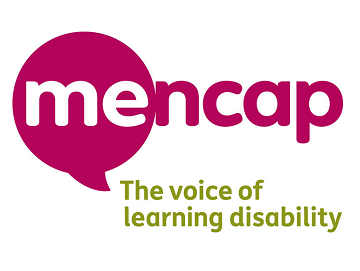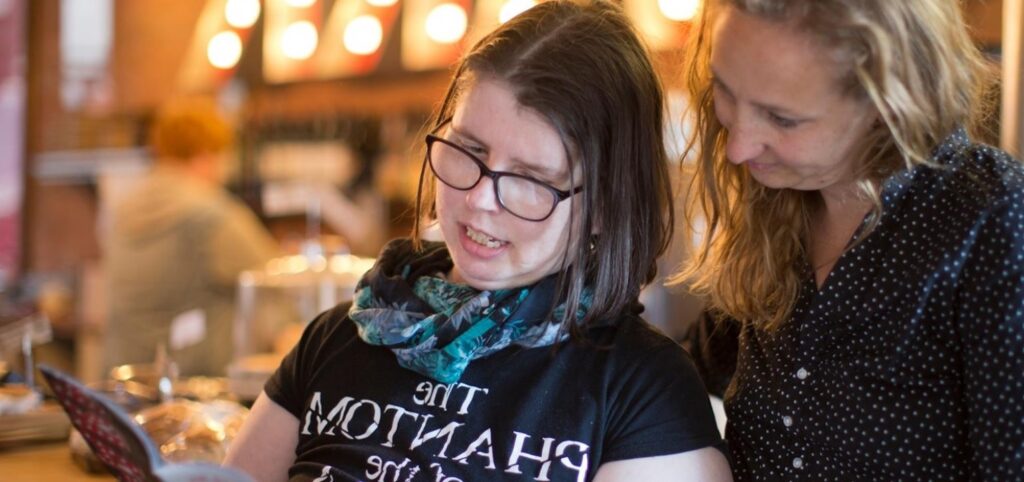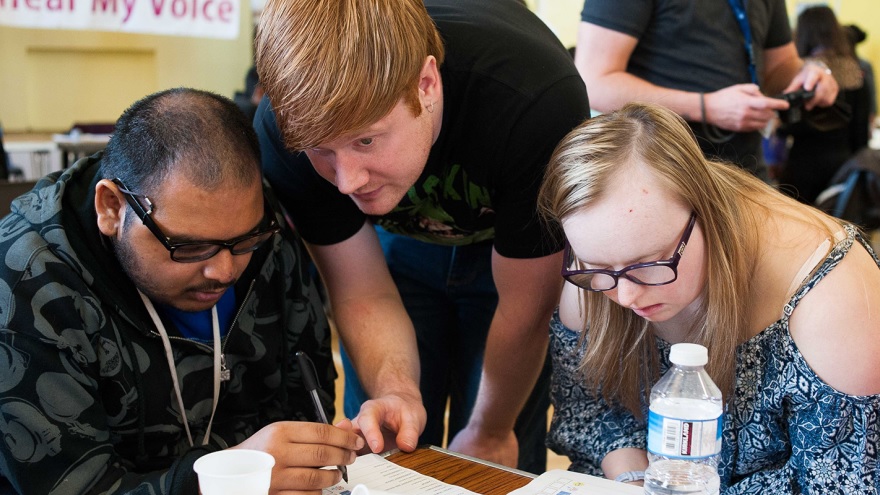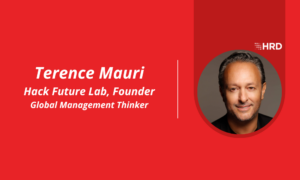Inside Mencap’s transformational journey
- 7 Min Read
Since 2014, the Royal Mencap Society has been on a progressive ‘journey of transformation’ into a modernised, forward-looking charity with a unified goal and mission.
- Author: Rebecca Sentance
- Date published: Jan 30, 2017
- Categories

In 2014, Jan Tregelles took the helm as CEO of Mencap, a leading charity which supports people with learning disabilities, their parents and carers. Since then, the organisation has been on a progressive ‘journey of transformation’ into a modernised, forward-looking charity with a unified goal and mission.
How did this transformation come about, and what role did leadership and a change in organisational culture have to play? HRD Connect spoke to Sara Sheard, Head of Organisational Development at Mencap, to find out the story.
The Mencap Big Plan
“The prompt for change within Mencap was Jan Tregelles taking over as CEO,” Sara explained. “Jan was previously Services Director, and she had a clear vision for change that she wanted for the organisation, which was centred around culture.
“The organisation could be described as having lost its way a little – we didn’t have one clear set of organisational priorities that everyone signed up to, and silo working was the norm. Jan had an energy and a vision for change – she knew we needed to change, evolve and grow as one organisation if we were going to achieve any meaningful change for people with a learning disability. Shaping the culture was Jan’s route to do this.”
Cultural change was thus the starting point for Mencap’s transformation, which involved setting out a new set of values and capabilities, a new strategic direction – dubbed ‘Our Big Plan’ – and developing a new, bespoke approach to leadership, which Mencap named ‘Our Leadership Way’. The organisation wanted to be ‘bold and different’ in its new vision, and break out of the “old ‘charity’ mould”.
Image: Mencap
Sara emphasised that employee participation and input was absolutely key to the organisation’s change in direction. “We approached this piece of work from the offset with a different mindset,” she said. “We wanted to take our people on a journey, and therefore our 8000-strong workforce had to be given the opportunity to influence the change every step of the way.
“Throughout the transformation programme, colleagues had the chance to discuss and share ideas with us about things like what our new values should be, and what the priority areas would be within Our Big Plan. We still regularly hold these conversations, and they really set the tone for collaboration, involvement and ownership for our colleagues in continuing to shape and understand the direction of the organisation.”
This approach paid dividends for Mencap in terms of feedback from its employees. At the outset of Mencap’s transformational journey, the charity asked for suggestions from employees about what needed to change. Employees highlighted shortcomings such as a detached higher management, a need to recognise achievements more, a need for people to be more connected to the work that they do, and a need to generate a sense of community.
By contrast, the organisation’s 2016 Investors in People (IiP) report observed that, “People universally confirm that the values are an intrinsic part of the ethos and culture of the organisation. This is an outstanding outcome that outperforms every sector average and places Mencap as one of the highest scoring in the UK.”
“We received fantastic feedback in our IiP about how quickly our new values and strategic priority areas have become established and embedded at every level,” confirmed Sara. “All of our employees know and enact our values. They all know what the strategic priorities are within ‘Our Big Plan’, and where they fit within the plan.”
Engaging and growing leaders
One of the most pressing issues facing the HR sector is the development of future leaders within an organisation. It is always a challenge to identify and cultivate the up-and-coming talent who can take the helm of an organisation in the future, especially when employees may be promoted due to technical aptitude, rather than leadership skills; and when Boards of Directors are reluctant to plan for the longer term, instead only looking ahead by one or two years.
Image: Mencap
Mencap knew that it had “great leaders” within its organisation, but it hadn’t before given them the opportunity to work together across business areas and enact real change. “We had never properly described leadership before within Mencap,” said Sara, “so [the transformational journey] was a real opportunity to put our stamp on it.
“We wanted our leaders to be engaged and have a voice in a way that they hadn’t before. They were involved right from the start in shaping the transformation and were given key roles throughout – for example, it was sessions with our top 80 leaders that first started to shape our organisational purpose, vision, capabilities and values; and our leaders were tasked with launching, leading and rolling out key components in our transformational journey, rather than using a central team to manage and run roadshows and events.
“Through sessions with our leaders, we identified behaviours like ‘friendly informality’ that really set us apart. We have now rolled out our approach to leadership to all managers across Mencap, and are in the process of developing and embedding the behaviours it sets out.”
And how is Mencap handling the issue of finding new talent to take on leadership roles? “We have a number of targeted development programmes that stem from this, which means we can develop people well and ‘grow our own’ talent, which shows in the number of management posts that we can fill internally.”
The role of HR, and looking to the future
Such a wide-ranging change in the company’s culture and direction must have brought about a change in the role of HR, as well. I asked Sara what the biggest differences are between the role that HR played in Mencap ‘pre-transformation’, and its role within the organisation now.
“Mencap has always valued the role of HR, and HR business partnering has been successfully embedded within Mencap for a number of years,” she replied. “The key difference would be the level of influence that HR now has at a strategic level. Having an aligned CEO and HR Director who both truly value people, culture and leadership means this is front and centre to Our Big Plan, and not an ‘add on’ which is what it can feel like in other organisations.”
Image: Mencap
In 2016, Mencap celebrated its 70th birthday, looking back over its achievements in the seven decades since it was first founded in 1946. I asked how the charity ensures that it is in a position to keep evolving, and adapt to any future challenges in the years to come.
“Our 70th birthday is an important milestone for us, but we still recognise the need to keep growing, and so we want to create agility as an organisation,” said Sara. “We have defined at Mencap what we call our ‘organisational capabilities’. They are Leadership, Potential, Switched on about Learning Disability and Collaboration.
“Defining our capabilities in this way gives us a focus on what we believe is important for anyone within the organisation to excel at. By developing and growing these four capabilities across Mencap, we believe we will have the agility we need to respond to the ever-changing external environment.
“Switched on about Learning Disability and Collaboration particularly have that external anchor, so that we talk to the right people, we understand the landscape for people with a learning disability and this translates back directly into what we do and how we shape and grow our ambitions within ‘Our Big Plan’.”
Learn more about Mencap’s transformational journey and how it created a ‘people-centric agenda’ at the session CEO and HRD – a True People Focused Partnership, taking place at HRD Summit on the 1st February.












